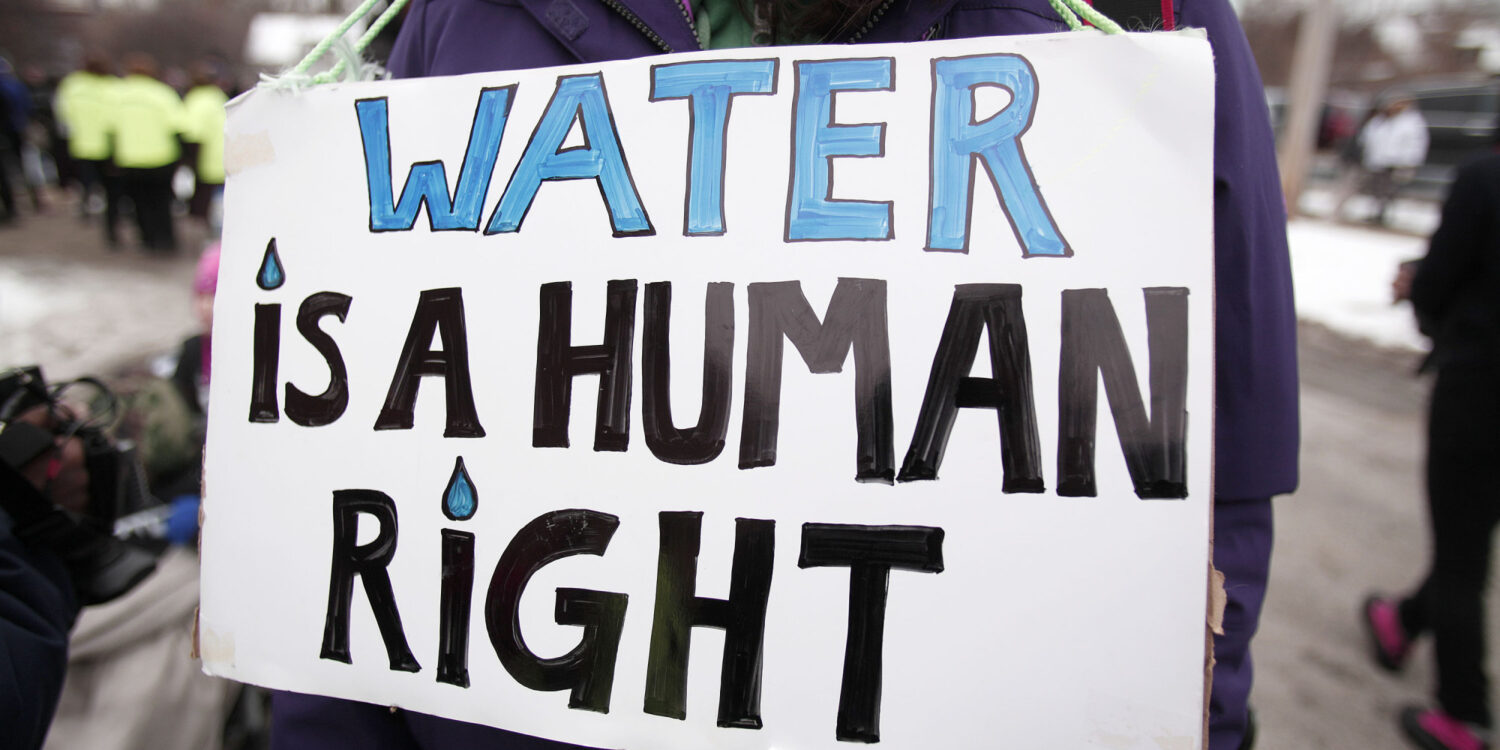
California is facing a water affordability crisis. The State Water Resources Control Board (State Water Board) released new survey results conducted from November 2020 to January 12, 2021, finding that household utility debt is $1 billion statewide, impacting 1.6 million California households and 4.8 million residents.
Water debt, like so many other issues that compound poverty, is felt evenly throughout the state. The survey found that those hardest hit were in Los Angeles, where over 155,000 households face over $1,000 in water utility debt. Other areas that have the highest number of households with delinquent water utility bills are Colton (San Bernardino), Orcutt (Central Coast), and Rancho Cordova (Sacramento area).
These staggering and sobering statistics stress the need for California to act now.
Water access is an issue of racial and environmental injustice. Communities hit hardest by the COVID-19 pandemic are also most at risk of having their water turned off. Even before the pandemic, we lived in a reality between those with access to safe, clean, affordable water – and those that don’t.
And once a household is behind on a water bill, the more difficult it becomes to overcome this debt and keep the faucet running.
California needs to lead the nation and set a clear example by helping those in need and to prevent our water systems from failing. Governor Newsom and the California Legislature must take urgent action to provide relief for low-income families by eliminating water bill late fees, providing long-term repayment plan options, and providing relief to small water systems in the form of bridge grants or loans.
Senator Dodd has introduced Senate Bill 222 (Water Affordability Assistance Program) and Senate Bill 223 to help fill this gap and provide both short- and long-term relief – and importantly, solvency for both California households and our water systems.
No household should have their water turned off, just as no community deserves a polluted or toxic environment. California Coastkeeper Alliance is working hard alongside partners like Community Water Center, Leadership Counsel for Justice and Accountability, and Clean Water Action to make sure that no household or community is left without water.
Stay informed by subscribing to CCKA’s monthly newsletter or by becoming a member of CCKA to help make sure every community has access to swimmable, fishable, drinkable water.

Policy Manager Kaitlyn Kalua represents CCKA and its member Waterkeepers in state regulatory and legislative forums to advance statewide water policy.



